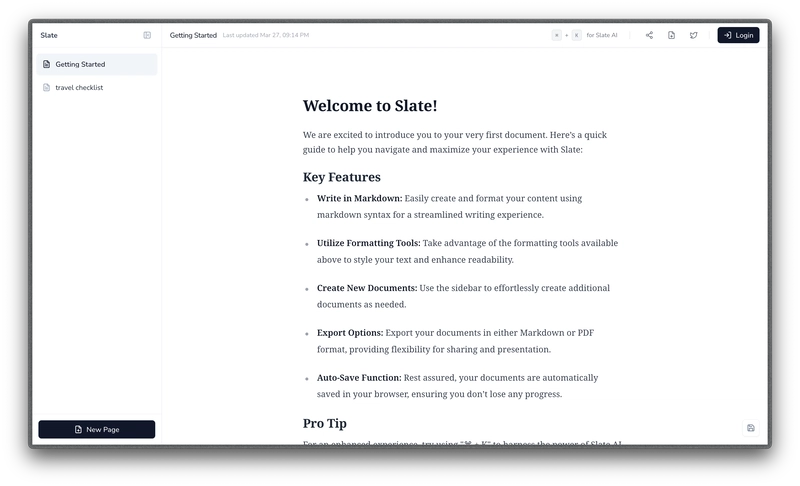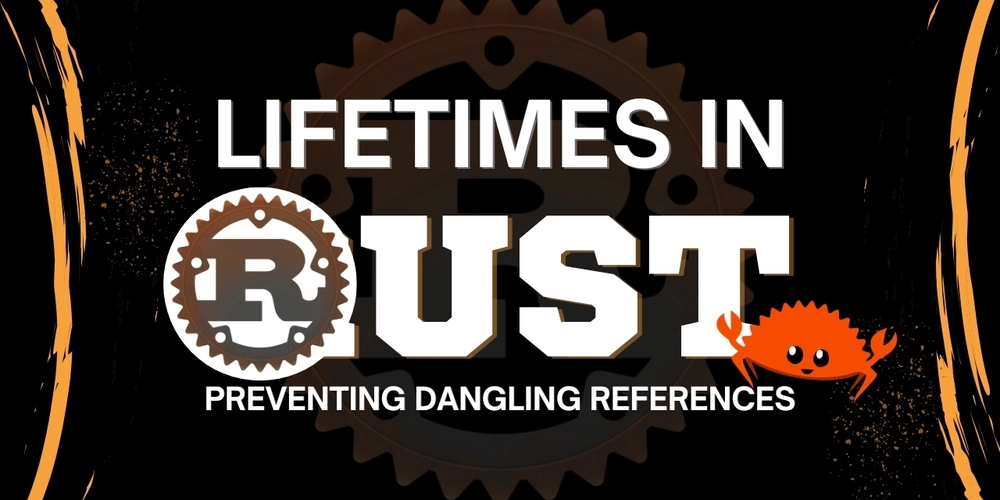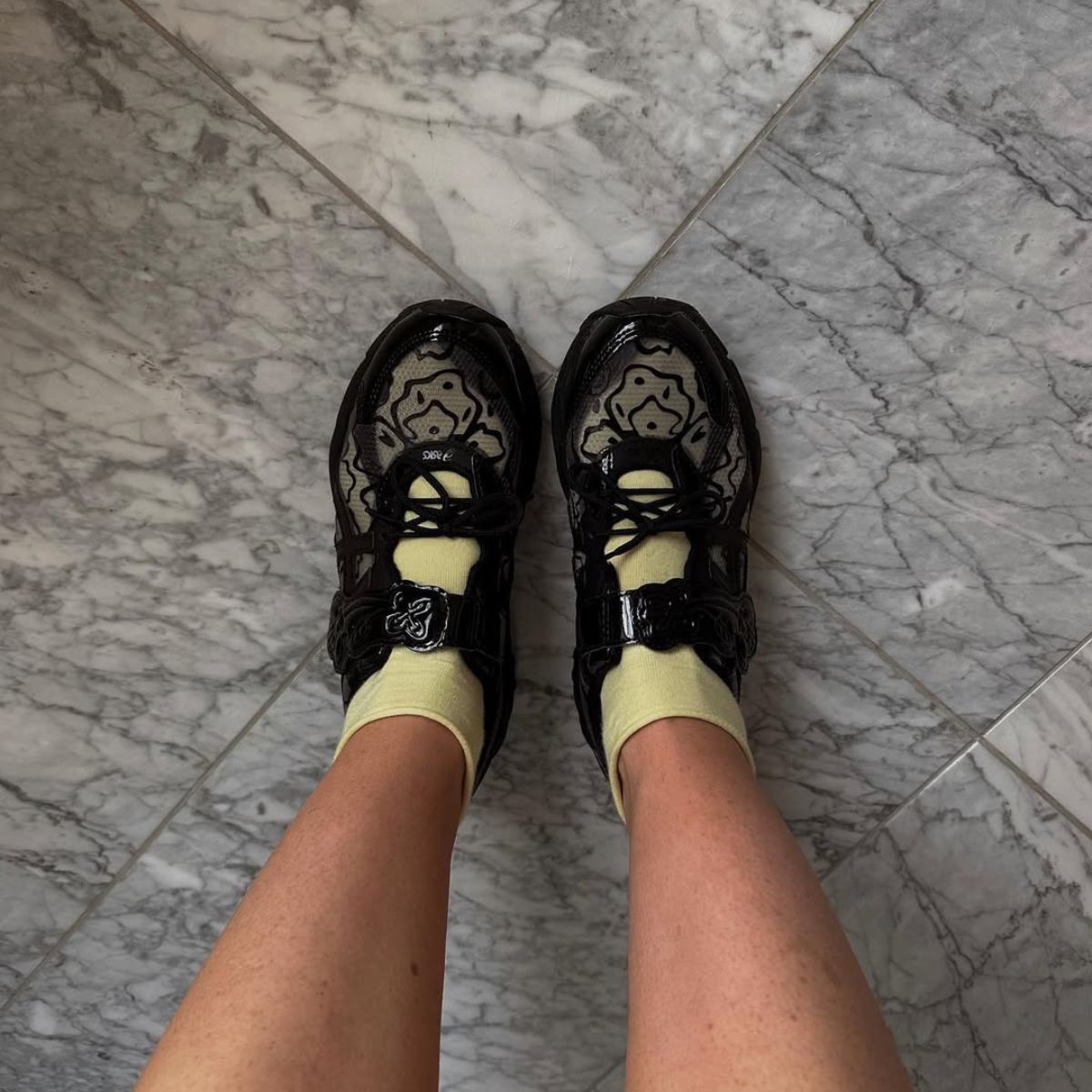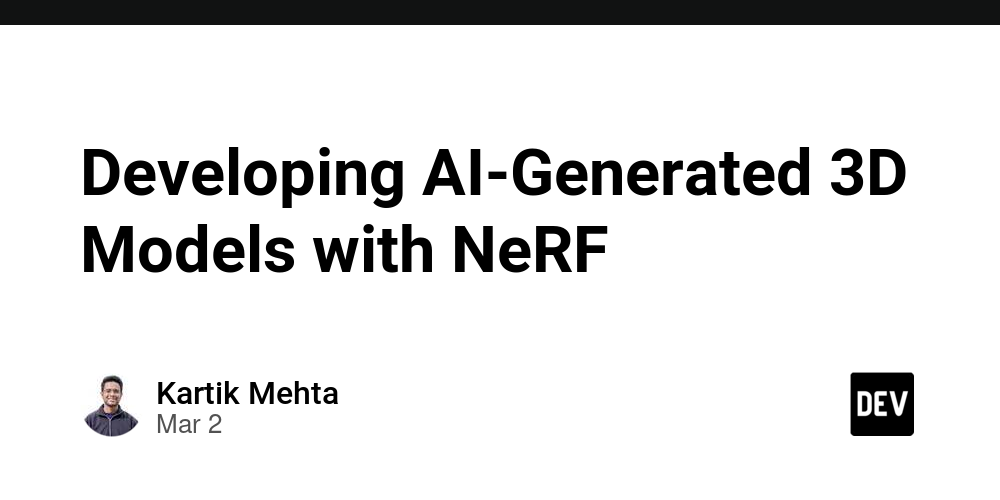AI Code in Medical Spas: Virtual Assistant and Web Application Development
Artificial Intelligence (AI) is revolutionizing various industries, including medical spas. From automating appointment scheduling to providing customer assistance, AI is enhancing the overall client experience. In this guide, we will explore how to develop an AI-powered virtual assistant and a web application for medical spas. Why AI in Medical Spas? Medical spas require efficient appointment management, customer support, and security solutions. AI-driven applications such as chatbots, automated scheduling systems, and intelligent recommendation engines can help improve these processes while optimizing business operations. Developing an AI Virtual Assistant for Spas Step 1: Choosing the Right Tech Stack For this AI assistant, we will use: Python (FastAPI for API development) OpenAI API (for natural language processing) Twilio (for communication via SMS and WhatsApp) SQLite (for storing interactions and user preferences) Step 2: Setting Up the AI Chatbot First, install the necessary dependencies: pip install fastapi uvicorn openai twilio sqlite3 Now, let's create an API for the AI chatbot: from fastapi import FastAPI import openai app = FastAPI() openai.api_key = "your-openai-api-key" @app.post("/chat/") def chat(query: str): response = openai.ChatCompletion.create( model="gpt-4", messages=[{"role": "user", "content": query}] ) return {"reply": response["choices"][0]["message"]["content"]} Step 3: Integrating Twilio for Communication from twilio.rest import Client twilio_client = Client("your-account-sid", "your-auth-token") def send_message(to, message): twilio_client.messages.create( body=message, from_="your-twilio-number", to=to ) This allows customers to interact with an AI-powered assistant via SMS or WhatsApp. Developing a Web Application for Medical Spas Step 1: Setting Up a Basic Flask Web App pip install flask flask-socketio from flask import Flask, render_template from flask_socketio import SocketIO app = Flask(__name__) socketio = SocketIO(app) @app.route("/") def home(): return render_template("index.html") if __name__ == "__main__": socketio.run(app, debug=True) Step 2: Frontend Implementation var socket = io(); function sendMessage() { let message = document.getElementById("message").value; socket.emit("user_message", message); } Send This simple implementation allows the spa's customers to interact with AI directly through a web interface. AI in Spa Treatments AI and Botox Services AI-powered chatbots can provide pre-consultation assistance for Botox Chicago, answering common questions and helping clients book appointments efficiently. AI and CoolSculpting AI can analyze patient data to recommend CoolSculpting Chicago treatments based on individual needs, providing customized treatment plans and automated follow-ups. AI in Laser Hair Removal Automated AI solutions can assist with scheduling and patient inquiries about Laser Hair Removal Chicago, ensuring clients receive optimal care recommendations. AI-Powered Facial Recommendations AI can analyze skin types and suggest personalized treatments for Facial Chicago, improving client satisfaction through tailored skincare solutions. Conclusion AI is transforming medical spas by enhancing customer service, automating scheduling, and optimizing treatments. From virtual assistants to web applications, integrating AI-driven solutions provides a competitive edge in the growing wellness industry. Are you ready to bring AI to your medical spa? Let’s discuss in the comments!
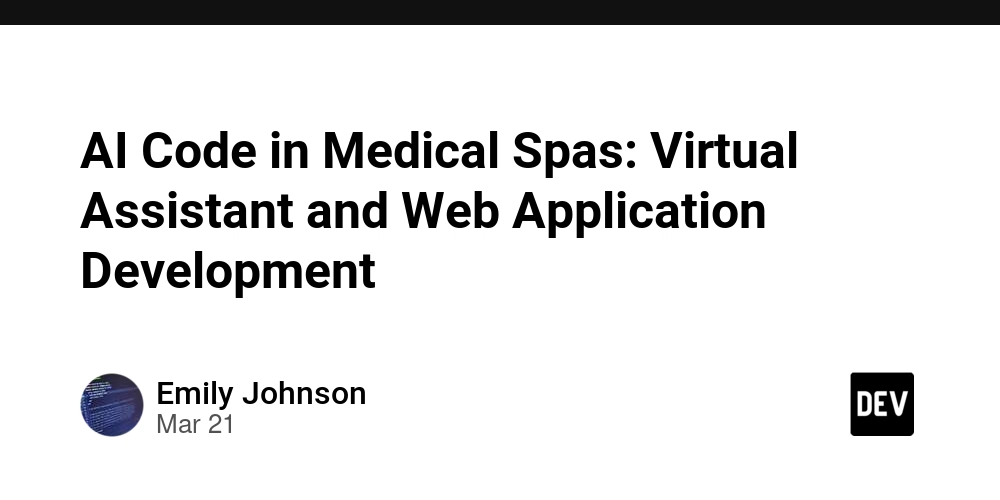
Artificial Intelligence (AI) is revolutionizing various industries, including medical spas. From automating appointment scheduling to providing customer assistance, AI is enhancing the overall client experience. In this guide, we will explore how to develop an AI-powered virtual assistant and a web application for medical spas.
Why AI in Medical Spas?
Medical spas require efficient appointment management, customer support, and security solutions. AI-driven applications such as chatbots, automated scheduling systems, and intelligent recommendation engines can help improve these processes while optimizing business operations.
Developing an AI Virtual Assistant for Spas
Step 1: Choosing the Right Tech Stack
For this AI assistant, we will use:
- Python (FastAPI for API development)
- OpenAI API (for natural language processing)
- Twilio (for communication via SMS and WhatsApp)
- SQLite (for storing interactions and user preferences)
Step 2: Setting Up the AI Chatbot
First, install the necessary dependencies:
pip install fastapi uvicorn openai twilio sqlite3
Now, let's create an API for the AI chatbot:
from fastapi import FastAPI
import openai
app = FastAPI()
openai.api_key = "your-openai-api-key"
@app.post("/chat/")
def chat(query: str):
response = openai.ChatCompletion.create(
model="gpt-4",
messages=[{"role": "user", "content": query}]
)
return {"reply": response["choices"][0]["message"]["content"]}
Step 3: Integrating Twilio for Communication
from twilio.rest import Client
twilio_client = Client("your-account-sid", "your-auth-token")
def send_message(to, message):
twilio_client.messages.create(
body=message,
from_="your-twilio-number",
to=to
)
This allows customers to interact with an AI-powered assistant via SMS or WhatsApp.
Developing a Web Application for Medical Spas
Step 1: Setting Up a Basic Flask Web App
pip install flask flask-socketio
from flask import Flask, render_template
from flask_socketio import SocketIO
app = Flask(__name__)
socketio = SocketIO(app)
@app.route("/")
def home():
return render_template("index.html")
if __name__ == "__main__":
socketio.run(app, debug=True)
Step 2: Frontend Implementation
type="text" id="message">
onclick="sendMessage()">Send
This simple implementation allows the spa's customers to interact with AI directly through a web interface.
AI in Spa Treatments
AI and Botox Services
AI-powered chatbots can provide pre-consultation assistance for Botox Chicago, answering common questions and helping clients book appointments efficiently.
AI and CoolSculpting
AI can analyze patient data to recommend CoolSculpting Chicago treatments based on individual needs, providing customized treatment plans and automated follow-ups.
AI in Laser Hair Removal
Automated AI solutions can assist with scheduling and patient inquiries about Laser Hair Removal Chicago, ensuring clients receive optimal care recommendations.
AI-Powered Facial Recommendations
AI can analyze skin types and suggest personalized treatments for Facial Chicago, improving client satisfaction through tailored skincare solutions.
Conclusion
AI is transforming medical spas by enhancing customer service, automating scheduling, and optimizing treatments. From virtual assistants to web applications, integrating AI-driven solutions provides a competitive edge in the growing wellness industry. Are you ready to bring AI to your medical spa? Let’s discuss in the comments!










![[FREE EBOOKS] The Ultimate Linux Shell Scripting Guide, Artificial Intelligence for Cybersecurity & Four More Best Selling Titles](https://www.javacodegeeks.com/wp-content/uploads/2012/12/jcg-logo.jpg)
